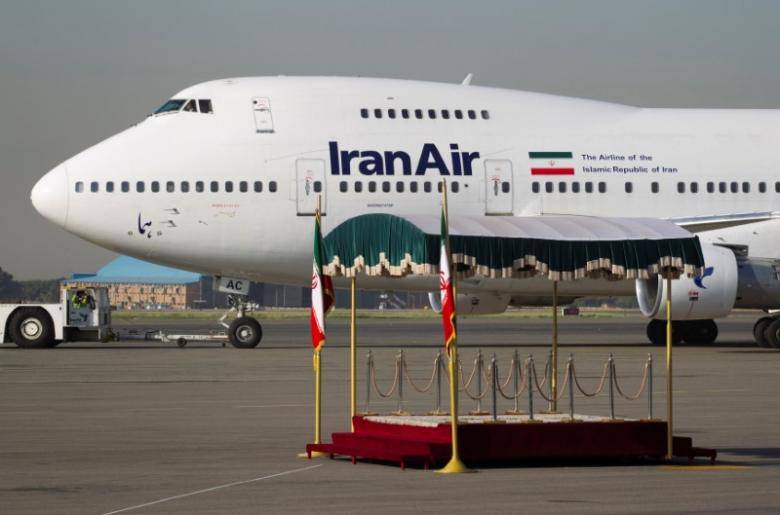NEW YORK: The United States has begun unblocking deals by Western giants to sell jetliners to Iran in a move likely to ease complaints from Tehran over implementation of last year's sanctions deal, but test conservative opposition to the deals in both nations.
Europe's Airbus (AIR.PA) said on Wednesday it had received US Treasury approval to begin exporting jets to Iran, under a deal for more than 100 jets struck in January.
Hours later, its US rival Boeing (BA.N), which had been behind Airbus in the line for permits because its matching deal for over 100 jets came six months later, said it had received a sales license and remained in talks with IranAir. [nL2N1BX1TJ]
The US Treasury confirmed issuing two licenses.
The move removes a key hurdle to one of the most high-profile deals between Iran and foreign companies since last year's agreement between Tehran and world powers to open up trade in exchange for curbs on the country's nuclear activities.
But major questions remain over the financing of deals between Iran and Western planemakers that threaten to obstruct deliveries of the planes, in what is seen as a test case for Western trade and investment following the nuclear deal.
"This sends a strong signal but it resolves only half the problem. The challenge to raise financing remains," Bertrand Grabowski, a managing director at German's DVB Bank, said.
Foreign banks are reluctant to finance the aircraft deals, fearing they could fall foul of remaining US sanctions that prohibit the use of its financial system for Iranian business, something difficult to avoid in a complex global supply chain.
With US Republican presidential candidate Donald Trump strongly critical of the rapprochement, some banks fear they could be left with no insurance if Iran sanctions "snap back".
The deals by Airbus and Boeing to sell or lease over 200 jets to flag carrier IranAir would help modernize and expand the country's elderly fleet, held together by smuggled or improvised parts after years of sanctions.
But nine months after the first deal was signed, Iranian officials had voiced growing concerns about what they saw as unfair delays in obtaining US licenses or clarity over banking and financing rules.
Tehran's deputy roads and urban development minister told the CAPA Iran Aviation Finance Summit in Tehran this week that failing to clear the jet sales would put Washington in "breach" of the nuclear pact.
OPPOSITION TO DEALS
Diplomats say the new jets will allow pragmatist President Hassan Rouhani to argue the sanctions deal is working, several months ahead of Iranian presidential elections in May next year.
But the deals remain strongly opposed by US Republicans who say the jets could be misused for military purposes and by conservatives in Iran who oppose the country's more open stance and say the purchases will not benefit most Iranians.
As the Obama administration moved to begin allowing the sales, Republicans blasted US policy toward Iran.
Paul Ryan, Speaker of the US House of Representatives, said the administration “bends over backwards” to help Iran.
Airbus said it had been granted an initial license to supply 17 A320 or A330 jets that are slated for early delivery, and that it expected a second license for remaining jets in weeks.
An Iranian official told Reuters this week a deal for 118 Airbus jets had been trimmed by six amid regulatory delays, and that a deal to buy or lease 109 Boeing aircraft, including 80 purchased directly, had been shaved to 108.
Iran has also ordered up to 40 Franco-Italian ATR (AIR.PA) SIFI.MI turboprop planes needing US approval.






